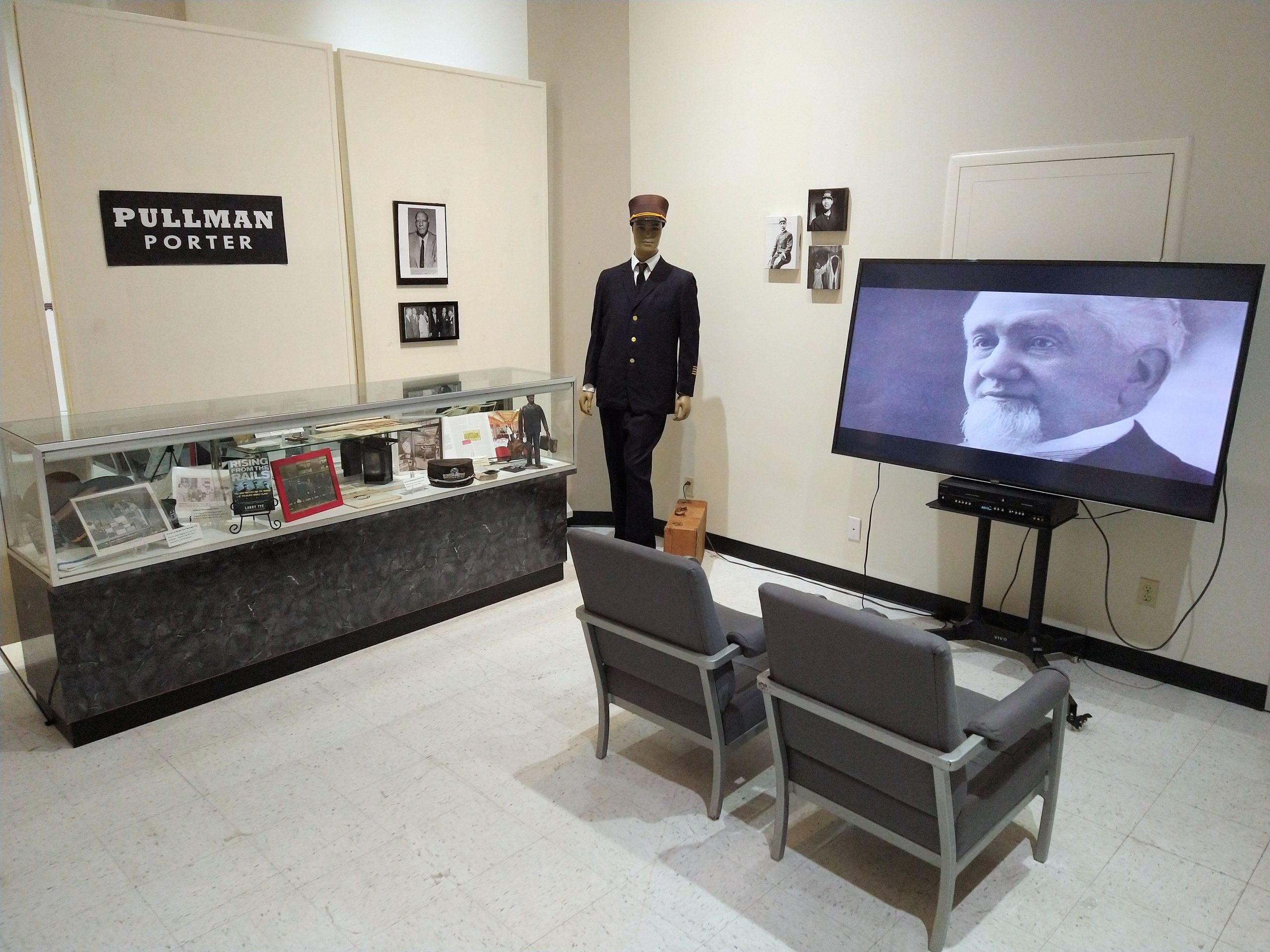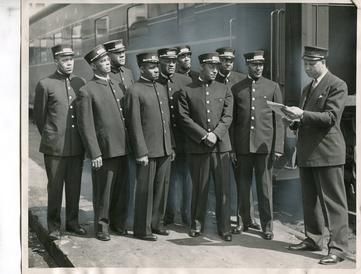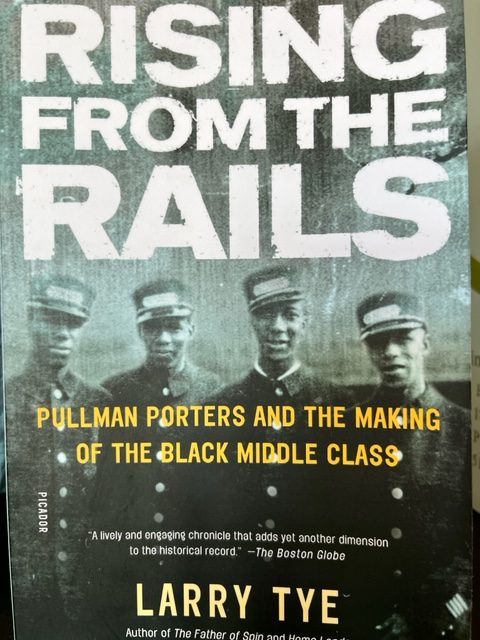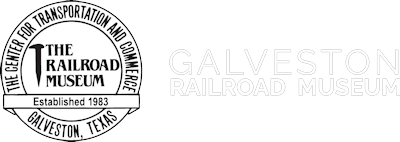A tribute to Pullman Porters is on display with a brief history of their contribution to the railroad and to society at large.
A. Philip Randolph
FOUNDING OF THE BROTHERHOOD OF SLEEPING CAR PORTERS (BSCP)
Asa Philip Randolph (April 15, 1889 – May 16, 1979) was an American labor unionist and civil rights activist. In the summer of 1925, he received an invitation to speak to a group of porters from the Chicago based Pullman Palace Car Company, that hired mainly African American men to serve white passengers aboard its luxury railroad sleeping cars.
Pullman porters were generally paid far lower wages than white workers and were subjected to punishing working hours and conditions. After this initial meeting, Randolph agreed to help organize the Brotherhood of Sleeping Car Porters, the nation’s first successful African American led labor union.
Under Randolph’s leadership, the BSCP became the first Black union to be granted a charter by the American Federation of Labor (AFL). In 1934, Congress amended the earlier Railway Labor Act to specifically cover workers in sleeping cars, making it illegal for Pullman to fire members of the BSCP. The new legislation paved the way for Randolph and the BSCP to win a collective bargaining agreement and sign a contract with Pullman that recognized the union, reduced porters’ monthly work hours, and raised wages.
After the AFL merged with the Congress of Industrial Organizations in 1955 to form the AFL-CIO, Randolph joined the organization’s executive council; he became one of its first two Black vice presidents in 1957.
CIVIL RIGHTS ACTIVISM AND THE MARCH ON WASHINGTON
In addition to workers’ rights, A. Philip Randolph gained national prominence as an outspoken advocate for racial equality. In 1941, he organized a large protest march in Washington, D.C., aimed at convincing President Franklin D. Roosevelt to end discrimination in the nation’s defense industries. After Roosevelt responded by issuing Executive Order 8802 which opened war industries in World War II to Black workers and created the Fair Employment Practice Commission (FEPC), Randolph cancelled the planned protest march.
In 1948, Randolph’s activism similarly helped persuade President Harry Truman to desegregate the U.S. armed forces with passage of the Universal Military Service and Training Act.
Randolph was a prominent voice in the early Civil Rights Movement and the Labor Movement, organizing several other protest marches in the nation’s capital in the late 1950s, including the Pilgrimage of Prayer (1957) and two youth marches protesting the slow pace of school desegregation in the South. In 1959, he helped found the Negro American Labor Council (NALC) to fight racial discrimination within labor unions.



